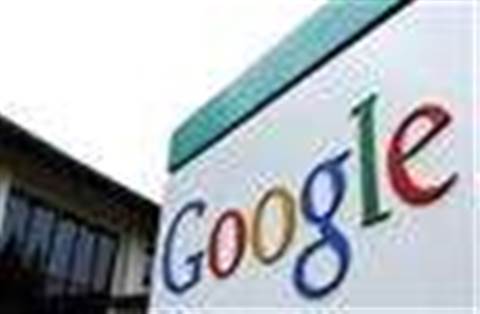In a recent paper by Guy Cranswick, advisor at Intelligent Business Research Services, wrote, there was emerging evidence that Google Apps Premier may have some appeal compared with other vendor products.
Despite questions over Google's capability and experience with channel partners, deeper investigation is worthwhile.
"Organisations assessing Google Apps Premier must determine not only total cost of ownership, as Google does not have a model template to assist with that but also whether the channel relationships will endure, as Google has almost no experience in running such programs," wrote Cranswick.
Speaking to CRN, he said, until the launch of the reseller program Google's prospects with the office work space market had been inhibited by lack of contact and direct support.
"A pilot Google Apps reseller program had been running ahead of the global launch of the Google Apps Authorised Reseller program in January 2009," he said.
"Google is working with smaller firms (small VARs, and IT consultants); larger firms (global systems integrators; large professional services firms); ISPs and telecommunication companies and also other SaaS vendors."
Cranswick said the vendor's channel initiative hasn't been examined in-depth in Australia and Google could be an "interesting" partner for resellers.
"Clearly in the larger software context, it's still early days for it to be in competition with Microsoft," he said.
"What should interest the channel is what the vendor is doing through resellers in these times.
"In troubled economic times the status quo can change, between a reseller and their customer."
Cranswick told CRN, Google's offering $75 per seat per year software license and Apps Premier Edition isn't supported by advertising.
It also contains 25GB storage, security, email and telephone support with 99.9 percent uptime service level agreement (SLA) and single sign-on Application Programming Interface, (API), among others.
"Based on [what its offering] it raises some serious questions about channel partners taking it to market," said Cranswick.
"The perception that Google can only do search handle is wrong the vendor can offer a lot of software with an interesting cost model.
"[Majority of businesses] are SME they really don't want to be spending money on high margin software products and its applications can be customised. "
Cranswick said in global terms, Google claims that over 3,000 businesses are signing up for Google Apps every day and it also claims to serve over a million businesses (500,000 in Europe) with over 10 million active users, across a hundred countries.
In the Australasian market Google has been adopted by some educational institutions (University of Adelaide and the NSW Department of Education), and also with mid-sized and commercial businesses.
In terms of adoption trends, compared with the rest of the world, Australia and New Zealand are moving at an average pace - that is to say, neither ahead of the curve nor behind it.
Forecasting is always imprecise and inferences as to Google's larger SaaS strategy here are foggy. However, IBRS believes that Google is underpinning its channel sales strategy in the following way; By leveraging other Google services, integration points and development toolkits to build its own value-added services and associated business processes; Which in turn would complement Google Apps Premier, and which would provide higher margins to its own business.
Cranswick said it might take a couple of years for Google's channel initiative to take off.
"Look at how [previous vendor relationships] have been done before," he said.
"Examine how Google Apps will fit within the reseller's customer base and how [they] can make it regional.
"Google have a brand association for those and can provide cheap effective software that works, rather than spending a lot of money on a product that promises lots of stuff."
However he warns resellers to keep in mind Google have two million apps business customers, where as Microsoft has 500 million.




_(27).jpg&h=142&w=230&c=1&s=1)








.jpg&w=100&c=1&s=0)











